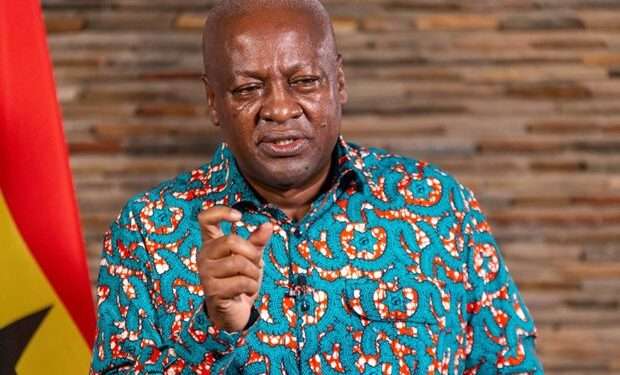In a bid to win the hearts of Ghanaian traders ahead of the upcoming December 7 elections, renowned businessman and presidential aspirant, Nana Kwame Bediako, popularly known as Cheddar, has pledged to eliminate excessive taxes imposed on traders.
Addressing members of the Ghana Union of Traders Association (GUTA) in Accra, Bediako emphasized the need for a more equitable taxation system that does not disproportionately affect the trading community. During the introductory meeting, Nana Bediako highlighted the detrimental impact of current tax policies on traders. He expressed his commitment to revising these taxes to make them more reasonable.
“I can’t stand here and say that I’ll create free taxes once you start trading, but definitely I’ll look into it and make it reasonable overnight. There’s no point if that’s the only job we have as part of the nation, thus, importing from other countries then at the end of the day, we spend 60 or 70% and by the time we sell, the 30% profit we’re supposed to make is gone either by interest from what we borrowed or by just living the hard life. So, I would revise the taxes.”
Nana Kwame Bediako, Businessman and Presidential Aspirant
In addition to tax relief, Bediako outlined ambitious plans to boost local industries and protect domestic trade from foreign competition. He proposed imposing embargoes on foreign traders operating within Ghana to ensure that wealth generated stays within the country.
This move aims to support local industries and reduce reliance on imported goods. Ghanaian-made goods should be sold all around the nation, according to Bediako.
Nana Kwame Bediako further stated, “I believe this can be achieved by supporting our local industries and protecting our traders from unfair competition.”
GUTA’s Response and Concerns
Dr. Joseph Obeng, President of GUTA, also spoke at the event, highlighting the significant challenges faced by traders. He emphasized the urgent need to address the volatile exchange rate of the cedi against the dollar, which hampers business competitiveness in the sub-region.
“Our major concern as businesses now are with exchange rates. If there’s no stability in your currency, you cannot even industrialize because your products are not competitive in the sub-region.”
“So, there’s a need therefore that we do everything to stabilize our currency. Our capital is being spirited away and now we have crossed the threshold of 15 cedis to a dollar.”
Dr. Joseph Obeng, President of GUTA
Additionally, Dr. Obeng called for a simplification of the tax and duty system to make tax payments more affordable and ensure better compliance. “We are also proposing that our tax and duty system be simplified and thrown down to the barest minimum to make tax payment affordable and that will ensure compliance,” Dr. Obeng added.
Impact on Trading Activities
The proposed changes could have a profound impact on Ghana’s trading landscape. By reducing the tax burden on traders, Bediako hopes to stimulate economic activity and encourage entrepreneurship.
The focus on local industries and protectionist measures against foreign traders could also lead to increased investment in Ghanaian businesses and potentially lower prices for consumers due to reduced import costs.
However, the implementation of these policies will require careful consideration of the broader economic implications and potential resistance from international trading partners. The success of Bediako’s proposals will depend on navigating these complexities and balancing the needs of Ghana’s domestic economy with global trade norms.
As Ghana prepares for the elections, Bediako’s promises to the trading community underscore the importance of addressing economic inequalities and fostering a supportive environment for small and medium-sized enterprises. His approach suggests a shift towards more localized economic strategies, which could redefine the role of Ghana in regional and global trade dynamics.
READ ALSO: Actress Appeals For Equal Respect For Diasporans and Ghanaian Entertainers




















